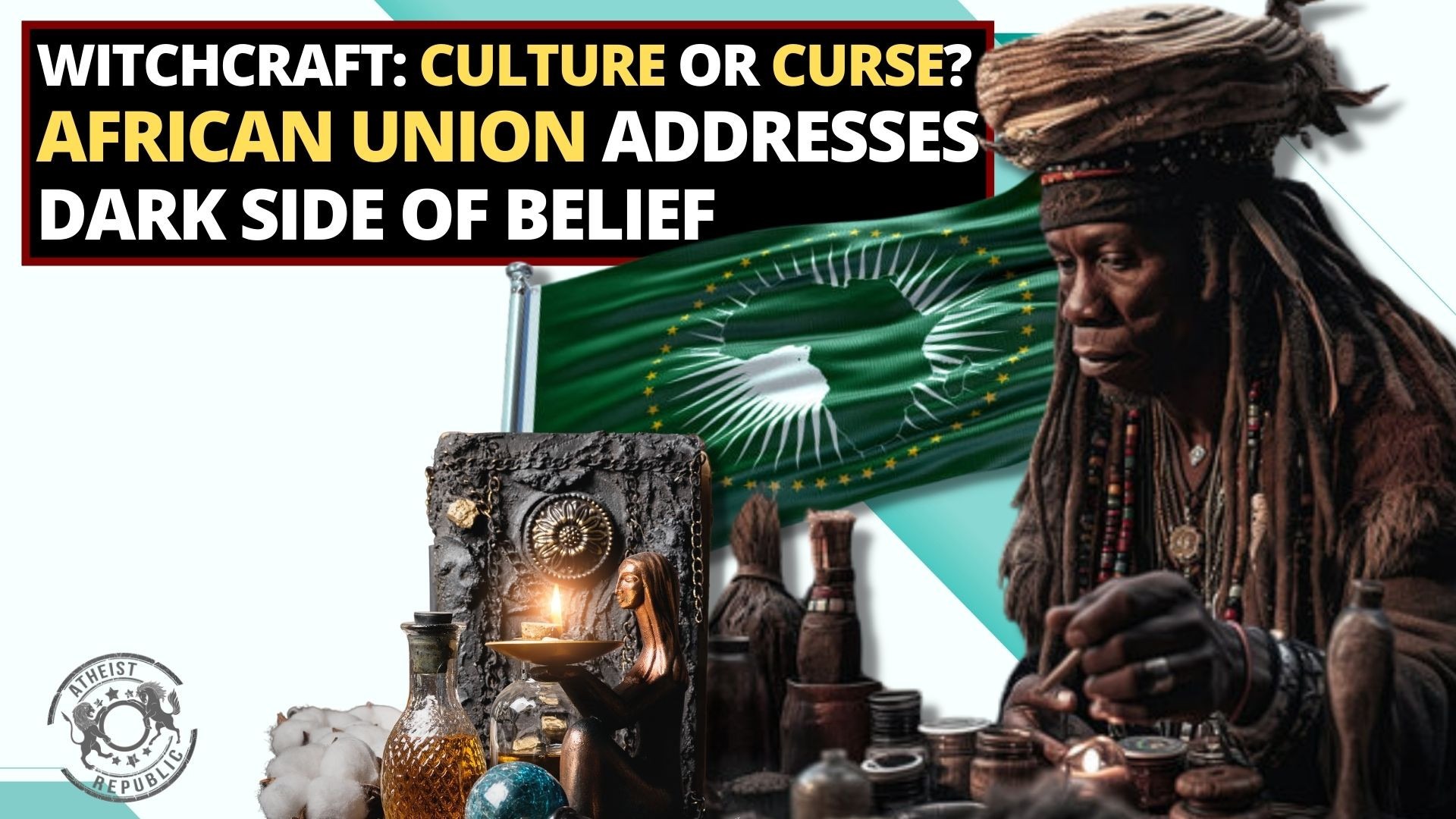
The legislative body of the African Union is planning to implement new rules to protect victims of ritual attacks and prevent people accused of witchcraft from being harmed and abused.
The Pan-African Parliament, a body attended by representatives from 48 African countries, met in Johannesburg, South Africa, to discuss the adoption of extensive guidelines that seek to help governments across the continent by teaching them strategies on how to tackle dangerous superstitions linked to witchcraft that often leads to attacks and abuse.
Some proposed measures include legal acts like criminalizing violence caused by witchcraft accusations and outlawing the trafficking of body parts used for witchcraft rituals. Other nonlegal initiatives include community education and awareness campaigns to address misconceptions that exacerbate allegations of witchcraft.
Despite scarce data and unreported cases, violence and abuse against people accused of witchcraft are widespread throughout Africa. However, some attacks related to witchcraft accusations also occur in other documents. Contrary to popular belief, witchcraft-related attacks in Africa are not decreasing but appear to be rising, as noted by some experts.
A recent report from the United Nations revealed that more than 20,000 people had been victims of harmful practices connected to witchcraft suspicions and ritual attacks in the last decade across 60 countries. A survey conducted across 95 countries and territories found that 40% of all respondents believe in witchcraft, and this belief transcends socioeconomic boundaries.
The groups identified as more vulnerable to witchcraft–related attacks and abuse include children, women, people with disabilities, older people, and persons with albinism. While being accused of witchcraft often leads to stigma and ostracism, it can also result in physical violence and murder.
Because victims of witchcraft allegations tend to be outcasts or minorities, they often find it hard to access education, employment, and help. Disabled persons and people with albinism are also hidden away by their families for fear of attacks.
“Whether you believe in witchcraft or not, there is no denying that witchcraft is having a negative impact in our continent and this impact needs to be addressed,” Muluka-Anne Miti-Drummond, an expert from the UN representing albino people, said during the meeting at the Pan-African Parliament. “These guidelines give us hope that, if implemented, these harmful practices can start to be eradicated.”
Miti-Drummond also recalled how she “constantly” received reports of children and adults being kidnapped, mutilated, and living in fear of other people, including their relatives. Despite these cases, the issue is “rarely talked about” or included in professional discussions due to “secrecy and taboo around such topics and lack of reporting.”
She also said that things are beginning to change with the implementation of new guidelines set by the African Union. Awareness of the issue is also growing, as shown in 2019 when the UN Human Rights Council passed a resolution condemning witchcraft-related violence and abuse.
However, despite this progress, experts say national and regional governments must take the issue more seriously. Some challenges also lie ahead, especially the perception that trying to stamp out anything related to witchcraft is an attack on deep-rooted religious and cultural beliefs.
